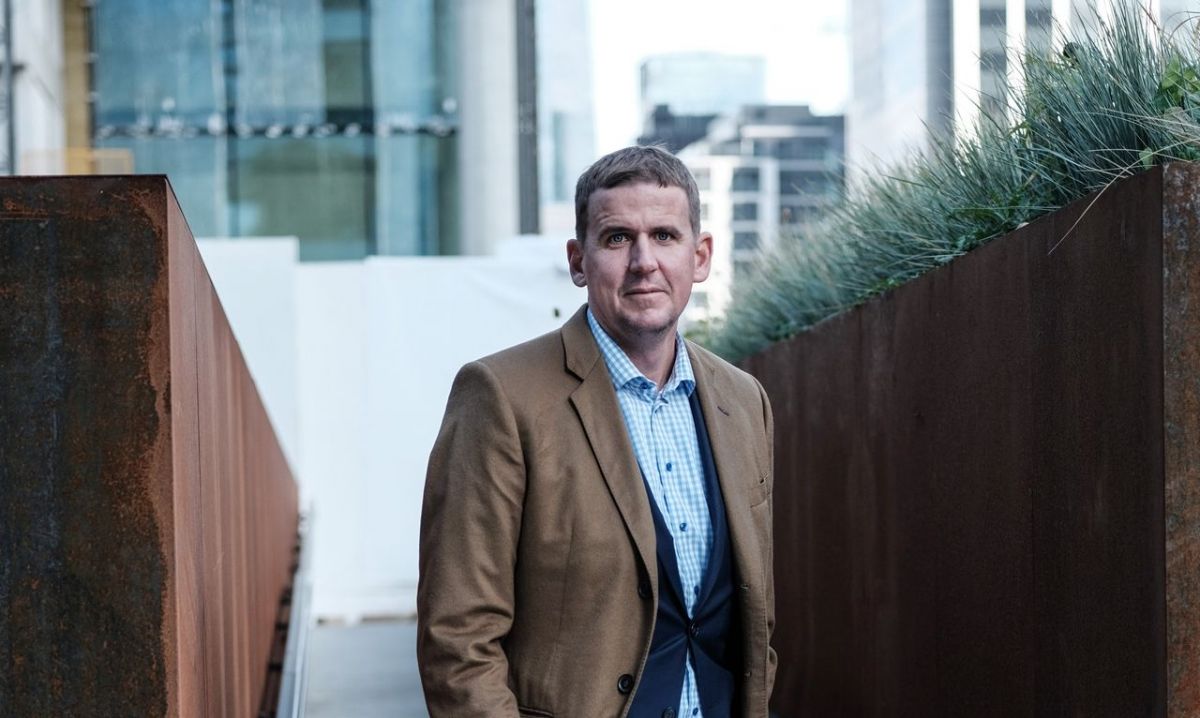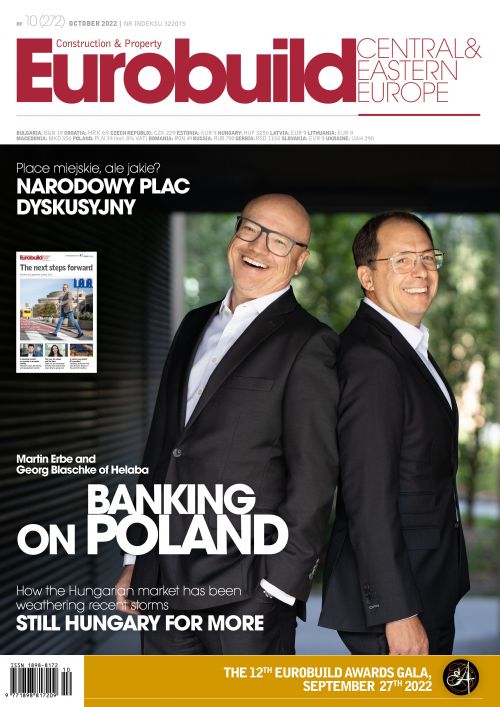In 2016, after years of working for Skanska, you became the CEO of Echo Investment. What did you find most satisfying in this new role? What have you changed at Echo?
Nicklas Lindberg, Echo Investment: Echo was a great company back then, and is still today. When I came from Skanska, which was a multi-international business, Echo was a purely Polish organisation with all the pluses and minuses that comes with that. I think what I managed to bring to Echo was the experience of running a global business and the ability to implement some of those values. When I joined the company in 2016, it was going through a big transition from its previous strategy and was mainly a commercial developer. Since then we have built a strong residential business with projects for sale and for rent, we have offices and two retail centres, and are well known for our multifunctional destination projects. When I came to Echo from Skanska, I was trying to bring my experience from a big international organisati





























































